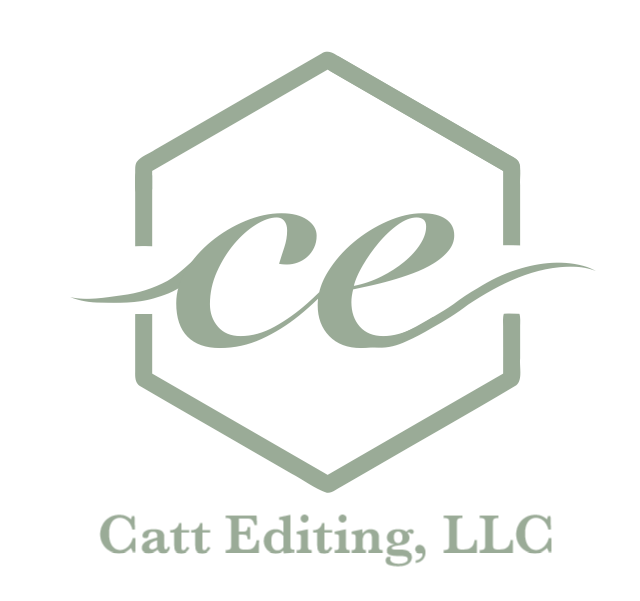Fiction Writing Exercises and Prompts for Writers
The guest post was written by Sophie of Sophie’s Proof.
As writers, we are always looking for ways to improve and develop our writing skills. But this doesn’t mean that we always have to be working toward something big. Writing prompts and exercises are a great way to develop your skills and inspire you to take different approaches and styles in your work.
Writing exercises are a good way to practice without too much commitment to a story. The point is to write, as most of the time, the pressure is on how to start. Exercises like this can make you feel less overwhelmed and help you put pen to paper (or fingers to keyboard).
A Timed Write
Sit down with a pen and paper in front of you and just write. This can feel overwhelming as you may not know what to write, but the point is to write whatever is going on in your head. Sometimes getting words onto paper can be just the thing to help you stop feeling so overwhelmed about writing.
What Do You See?
Look out the window and write about what you see—you may want to do this at home or perhaps at a busy café while people watching. Describe the world around you, what people are doing, what’s happening outside.
Pick A Cliché
And rewrite it. Clichés are overused phrases and, in most cases, our worst enemy when it comes to writing. Make a list of all of your most used clichés and find other, unique ways to write them. “As cold as ice,” “A bull in a china shop,” “A kid in a candy store,” etc.
Writing Prompts
These are designed to let you experiment with your writing and develop ideas and styles. You may find that some writing prompts don’t work well for you, while others do. The point is to give it a go and see what the outcome is. Prompts are especially great if you’re looking to develop your writing into something specific; for example, if you’re wanting to venture into the world of science fiction, there are prompts out there to help you with that.
Perhaps try these prompts:
A Step Back in Time
If you love history, then this is the prompt for you. Historical fiction is such a great genre as you have the opportunity to really play with dramatic irony. Take yourself to a place in history and describe what you see. You’re a British evacuee waiting to get on the train, or your village has just been locked down after everyone caught the plague, or you’re a Pompeian witnessing something very strange happening to Mount Vesuvius.
Show your readers what you see. This is a great opportunity to develop your world building, and you never know, it could bring out a story in you.
Letter Writing
The possibilities are endless with this prompt. Letter writing is a great way to develop characterization and play around with point of view. Writing is an escape and can help you to understand and process your emotions. Write a letter to a person with all the things you wish you could’ve said to them, or a letter from them with all the things you wish they had said to you.
Alternatively, you can use this prompt without sacrificing your emotions and write from the perspective of fictional characters. Use their story to inspire your writing. If you’re writing your own manuscripts or short stories, use your characters as the letter writers. This is a great way to develop them and for you as the writer to get to know them. Letters can tell a lot and is actually a style of writing in novels. Epistolary form is a popular technique in writing, where the story only consists of written communication through the characters to tell the story. A lot of popular novels are written in this form such as Love Rose, The Perks of Being a Wallflower, and Frankenstein.
A Genre Change
If you want to experiment with your writing, trying out different genres is a great way to do this.
“They went to the park, and he said everything was going to be okay . . .”
Use this prompt to create some flash fiction no longer than 100 words; however, once you’re finished, rewrite it in another genre: horror, romance, science fiction, comedy . . .
While doing this prompt, remember that it’s a guide; therefore, if you find that you want to set your story somewhere else, that’s okay if it’s going to work better for you. You may find that certain genres work better for you and want to develop the story you have written further. When you’re writing, consider your style and approach; for example, romance genres may have longer, more poetic sentences whereas horror will have shorter sentence structures to build tension and fear in your readers.
Hi, I’m Sophie, a freelance fiction editor/copywriter from the UK. With a lifelong love for fiction, I love to share my advice through my blog and editing services. As a writer myself, I love to experiment with my work and find that writing prompts are the perfect way to do so, so I hope this post inspires your writing in some way. Check out my website here!

